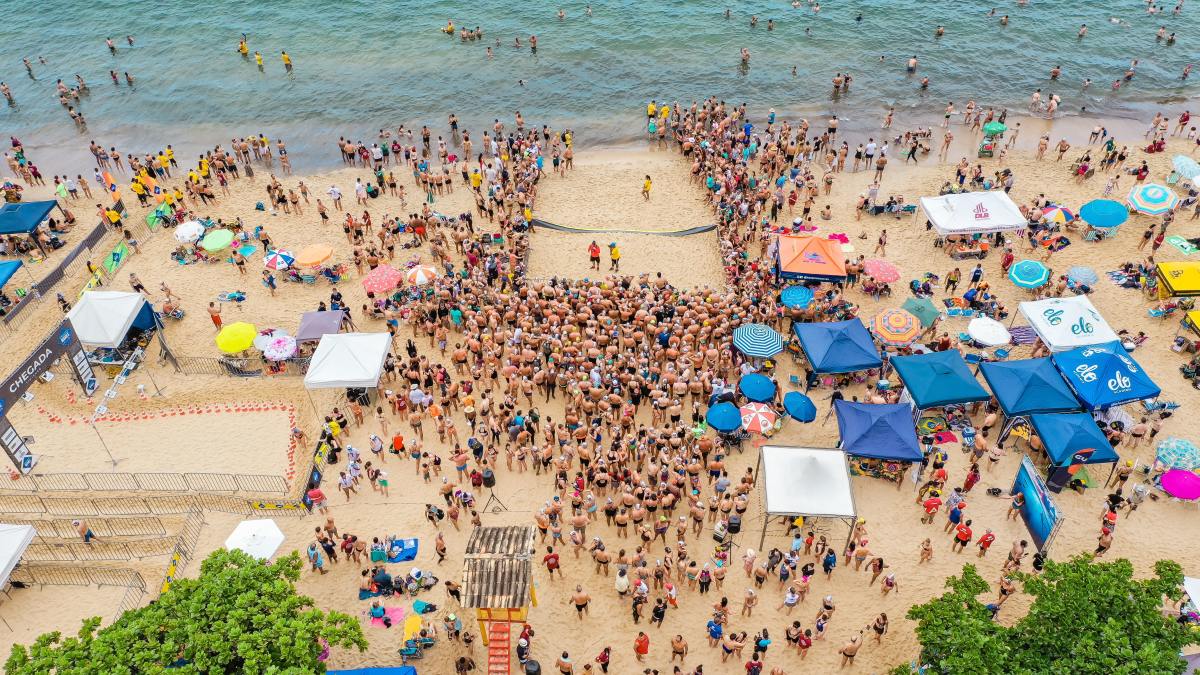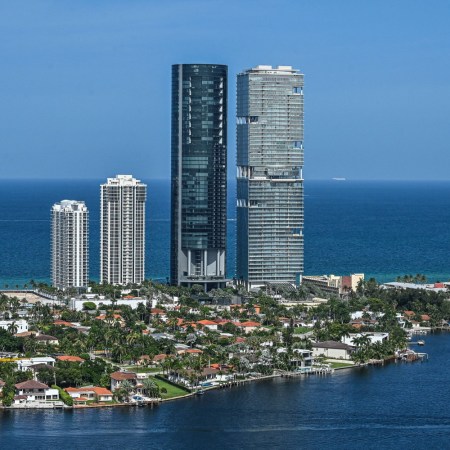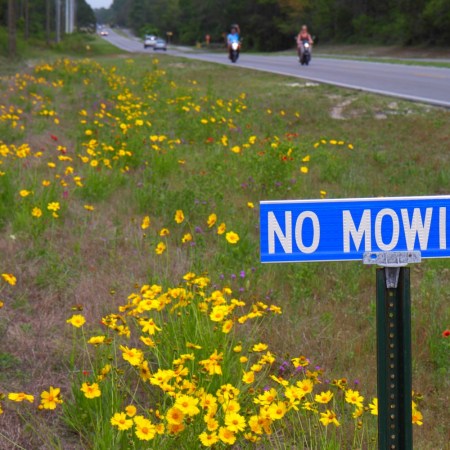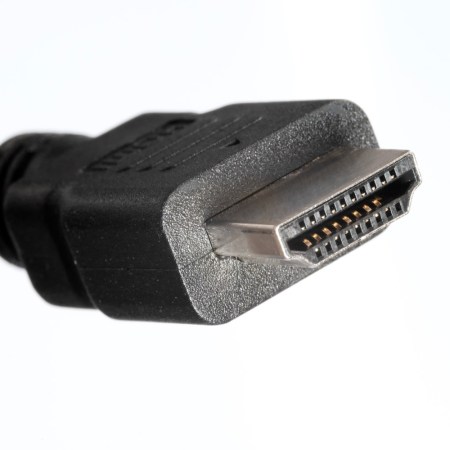The party is over for Florida spring breakers.
While Miami and Fort Lauderdale are usually two of the top destinations for undergrad spring break trips — ranked the best and the “booziest,” respectively — the cities have joined forces this year to curb as much spring break revelry as possible in an attempt to halt the spread of coronavirus.
In a joint news conference on Sunday, Mayor Dan Gelber of Miami Beach and Mayor Dean Trantalis of Fort Lauderdale announced new restrictions devised together to prevent one city’s regulations from sending an influx of spring breakers to the other, Business Insider reported.
Sunday’s regulations included an order for bars and restaurants in both cities to close before 10 p.m. and to operate at half capacity. The mayors also implemented an 11 p.m. curfew, limited crowds to 250 people and shut down the most heavily populated sections of each city’s beaches.
By Tuesday, Gov. Ron DeSantis ordered all bars and nightclubs to close for 30 days, prompting Gelber and Trantalis to tighten their restrictions as well, closing restaurants, bowling alleys, movie theaters, and other non-essential businesses in both cities.
“COVID-19 is a threat as much here as anywhere,” Gelber said in the Sunday conference, according to Susannah Bryan of the South Florida Sun Sentinel. “We simply cannot endure these kinds of gatherings and crowds. Our measures are intended to send a clear message that Spring Break is canceled,” he said, adding, “The party is over.”
Subscribe here for our free daily newsletter.
Thanks for reading InsideHook. Sign up for our daily newsletter and be in the know.


















